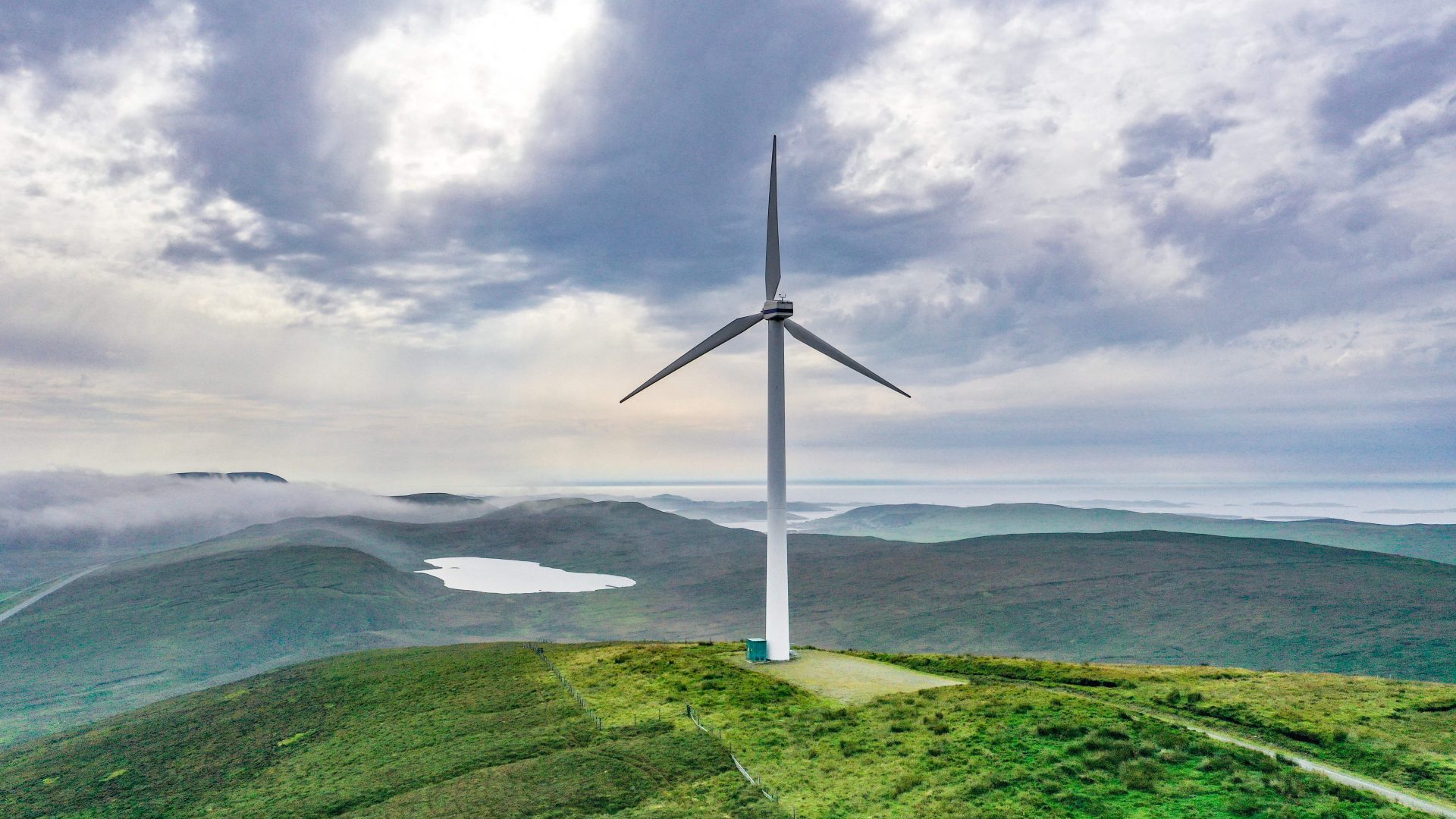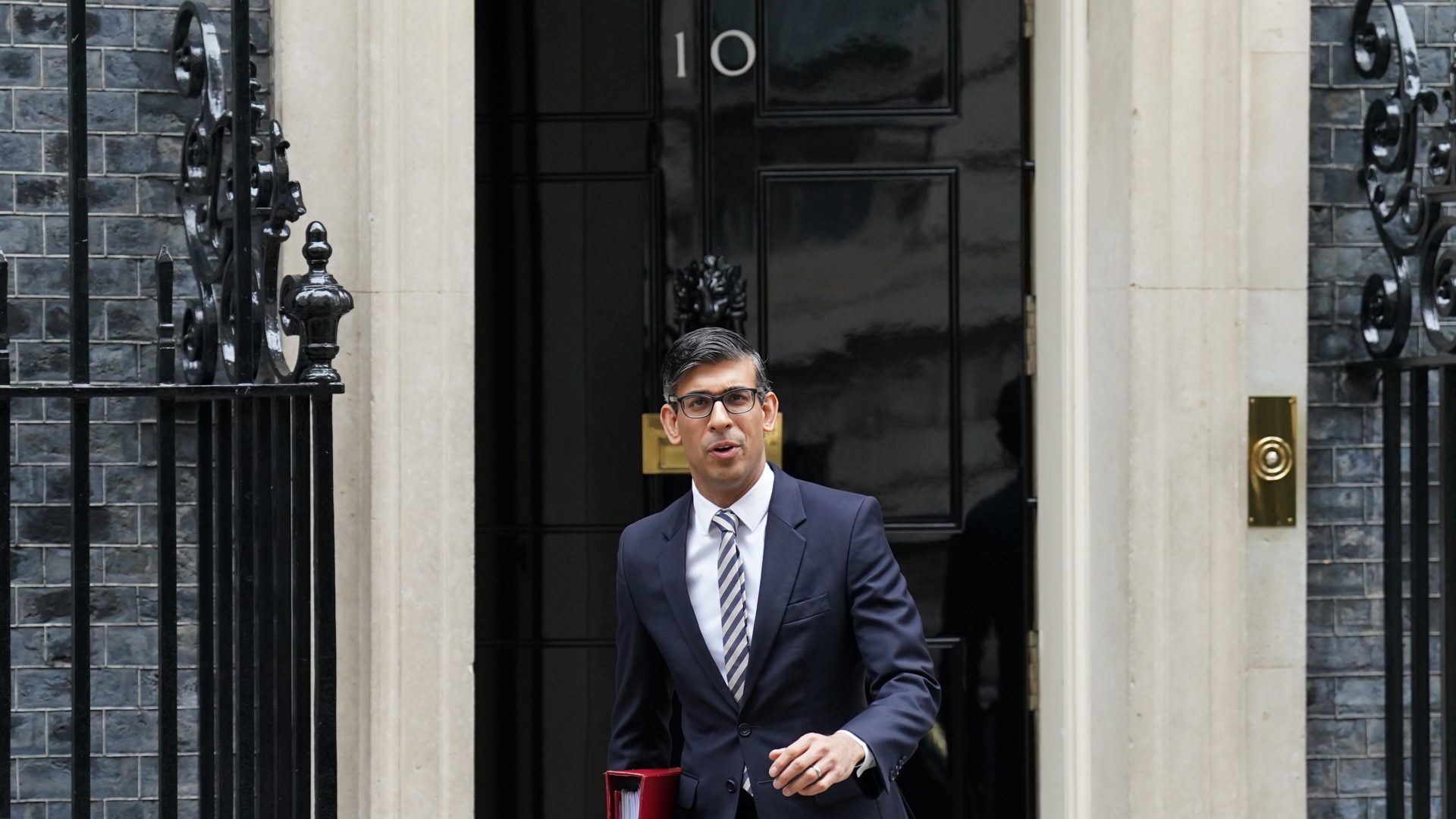Rachel Reeves used the word “investment” 12 times in her speech to the Labour Party conference. Keir Starmer made it his rallying cry: “Fiscal responsibility is non-negotiable. And if investment can kick-start growth. If investment can save money in the long-run. Can protect jobs, create jobs, crowd in billions of private investment. Then yes – we must get on and do it.”
To economists, whether investment can achieve these objectives are not “ifs” at all. It’s the only way they’re going to happen. The big “if” is whether Labour can make it work.
There were complaints that Labour’s conference was “policy-light”. It’s true that, in terms of individual announcements, it was unspectacular. More accurately, it was the first coherent presentation of Reeves’ “Securonomics” agenda, department by department, in some cases right down to the detail.
The argument, stated coolly rather than rhetorically, goes like this. Brexit has flatlined growth. Global instability means all governments face permanently high borrowing costs. Britain’s neoliberal economic model means taxes are at their highest ever, just to keep dysfunctional public services afloat. Therefore we cannot simply borrow and spend our way out.
In addition, the Truss fiasco has added a credibility premium to Britain’s borrowing costs, which Labour needs to work off by showing fiscal competence.
So instead of “borrow, tax and spend” we have instead to follow the slower, more strategic path of reforming the economy through state intervention, regulatory change and redistribution through indirect means.
Labour’s Liverpool conference was about putting flesh on the bones of that argument. It pledged to build 1.5 million houses over five years. To begin new towns on blighted sections of the green belt. Faced with Sunak’s attempt to slow down the transition away from fossil fuel energy sources, Starmer declared he would “speed ahead”.
The centrepiece of Reeves’ offer was a National Wealth Fund that would use state-led investment to “crowd in” private sector money for projects like insulating homes, greening the steel industry, or building transport infrastructure and new homes.
That is a straight lift from Joe Biden’s Inflation Reduction Act, which sees $400bn of state investment – often in the form of tax breaks as well as loan guarantees – set to leverage $3 trillion of private money into his project to rebuild America.
The beauty of Securonomics – if Labour had the narrative competence to really land the argument – is that it addresses three fears: the energy security of the country, the economic security of its people, and the fiscal security of the government.
The three-trillion-dollar question is: will it work? Here Labour needs to be honest about the potential obstacles.
What investors in renewable energy want, for example, is regulatory certainty. They say Reeves does not need to borrow and spend £28bn to build the wind, solar and nuclear energy needed to provide clean electricity by 2030. They will fund the transition if – but only if – there is a predictable, long-term return on investment, and a government that is demonstrably on the side of building the wind farms, solar parks, transformers and pylons needed to move the electricity they produce.
They are convinced the intent is there. But what about the execution? Right now, if you are a solar developer that has successfully overcome the objections of local NIMBYs, and the sludgy decision-making of whoever happens to be climate secretary, your problem is a grid connection. Sometime in the 2030s would be the rough estimate, says the National Grid. And the skills to make it happen.
Reeves, in her Fabian Society speech in January, slammed those on the left who “claim that the only way to tackle the climate crisis is nothing short of a command economy, or the overthrowing of capitalism itself”.
Actually what the sensible left says is that we might have to take public ownership of the Grid, and “command” it to start building the infrastructure needed. Or that, if the current “contracts for difference” regime does not incentivise capital to invest quickly enough, the state might consider becoming the purchaser of first resort of all energy, and setting a price commensurate with stimulating massive investment.
Meanwhile the state has to override local planning objections and come up with a national strategy to provide the skills. This is not the overthrow of capitalism. But it may feel far closer to a “command economy” than Labour suspects.
And that, in turn, leads to the problem of execution. Labour has lifted much of its approach from the academic work of figures like the Italian-born economist Marianna Mazzuccato, who advocates “mission-based” industrial strategy. But it’s one thing to write down a set of objectives on paper; it’s another thing altogether to create the institutions and find the people who can make them happen.
Labour’s task now pulls in two directions. One is to simplify and sell this proposition to voters: it’s not as intuitive as “borrow, tax and spend”. The second is to prepare itself to execute. That’s not easy sitting in a cramped office in Westminster, facing an inbox full of emails from constituents and a chime regularly telling you to rush through the voting lobby.
But it’s what Labour has to do. Securonomics is not something the existing machinery of the British state is equipped to execute.




